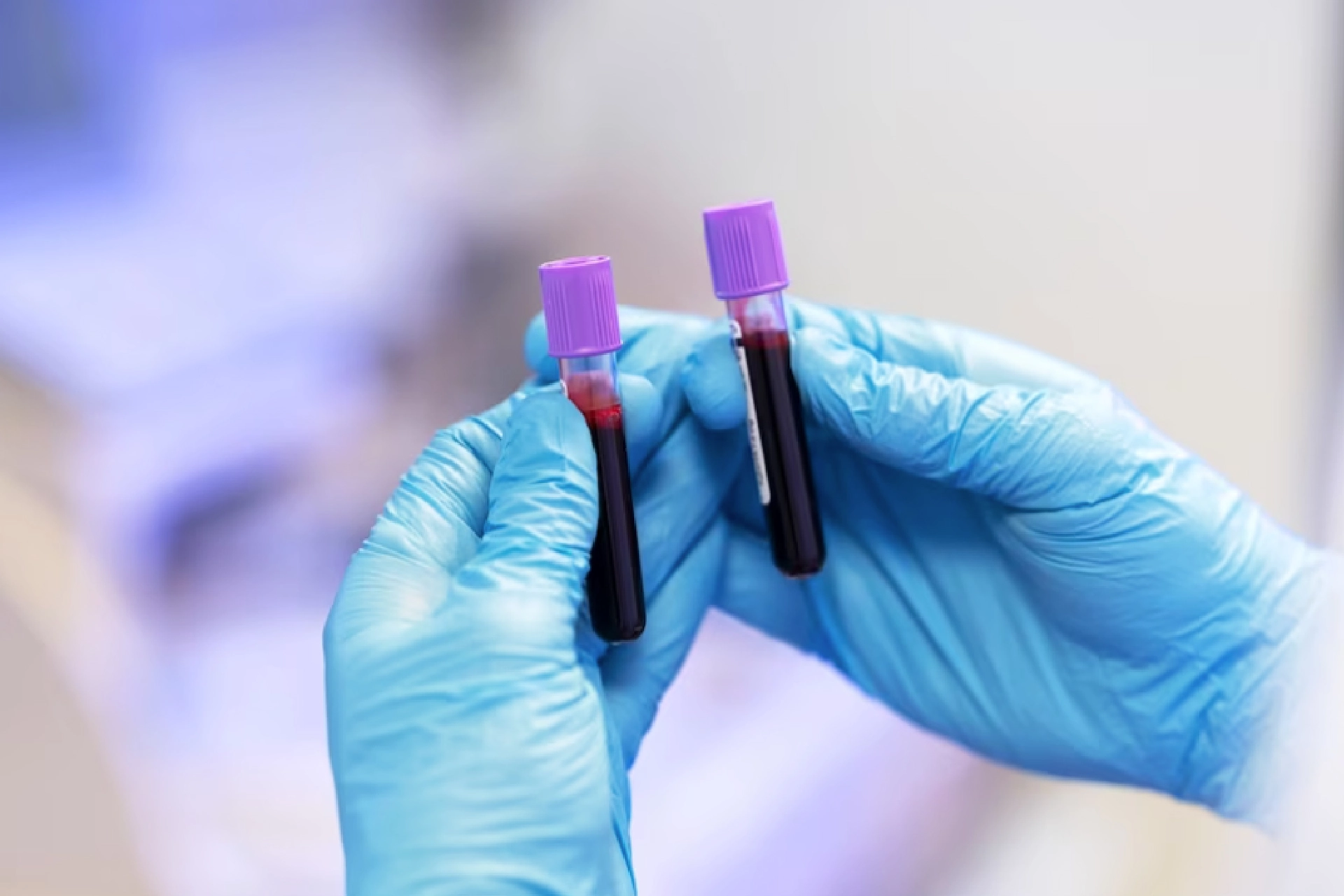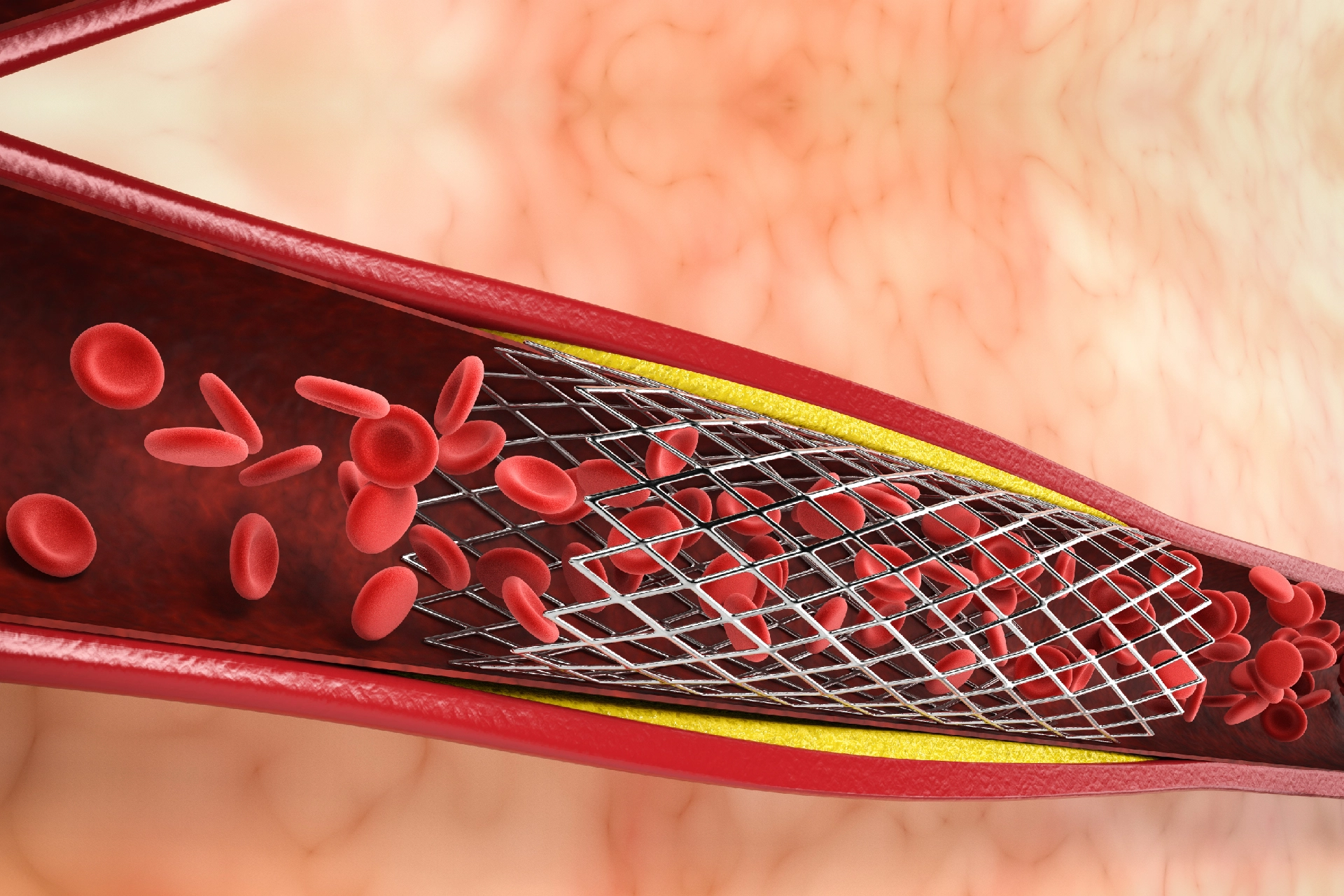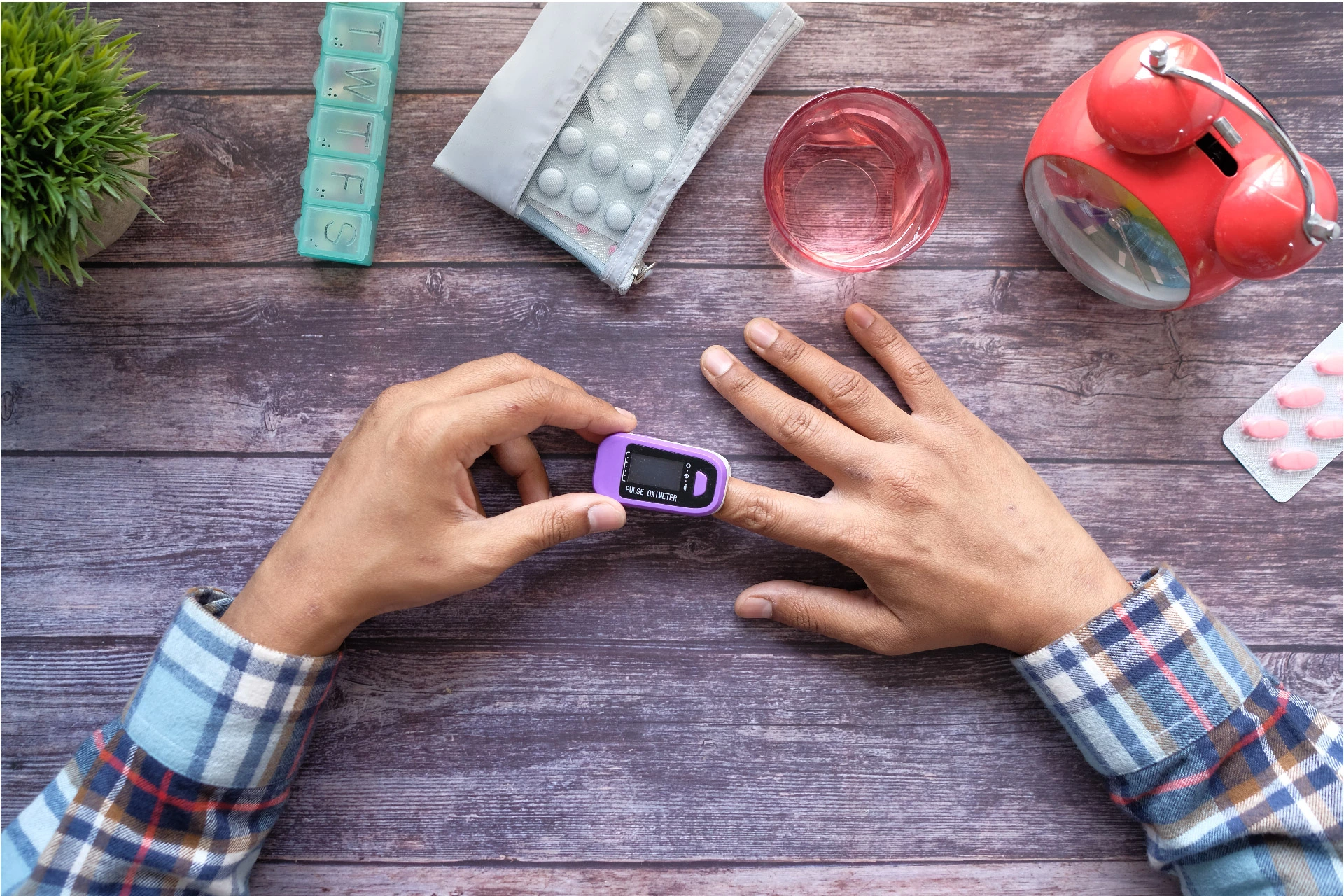Health Tests | 5 min read
Why are Electrocardiogram Heart Tests Done? What are the Types and Purposes?
Medically reviewed by
Table of Content
Key Takeaways
- An electrocardiogram test monitors electrical activity in the heart
- This ECG test determines if you have abnormal rhythm in the heart
- There are many types of ECG tests such as a CPET or a stress test
Cardiovascular diseases being the leading cause of death in the world require you to be vigilant. One way to do this is to get a test to check heart condition regularly. An ECG test is one of these, which uses standard equipment and is conducted by trained medical professionals at hospitals or clinics. An electrocardiogram(EKG or ECG test) records the electrical activity in your heart. It is a safe and painless test that detects heart problems and monitors your heart’s health. For this heart disease test, sensors are attached to the skin of your chest, arms, and legs. These electrodes detect electrical signals every time your heart beats and helps your doctor recognize any unusual activity.
Doctors may also recommend an echocardiogram to you alongside an ECG test. It is also a form of a heart health check where the heart is scanned but it differs from an electrocardiogram. It is recommended when a doctor suspects the presence of a heart disease as it shows the structure and function of the heart.
Read on to find out why and when heart diagnoses tests<span data-contrast="none"> are done and the different types of heart tests.
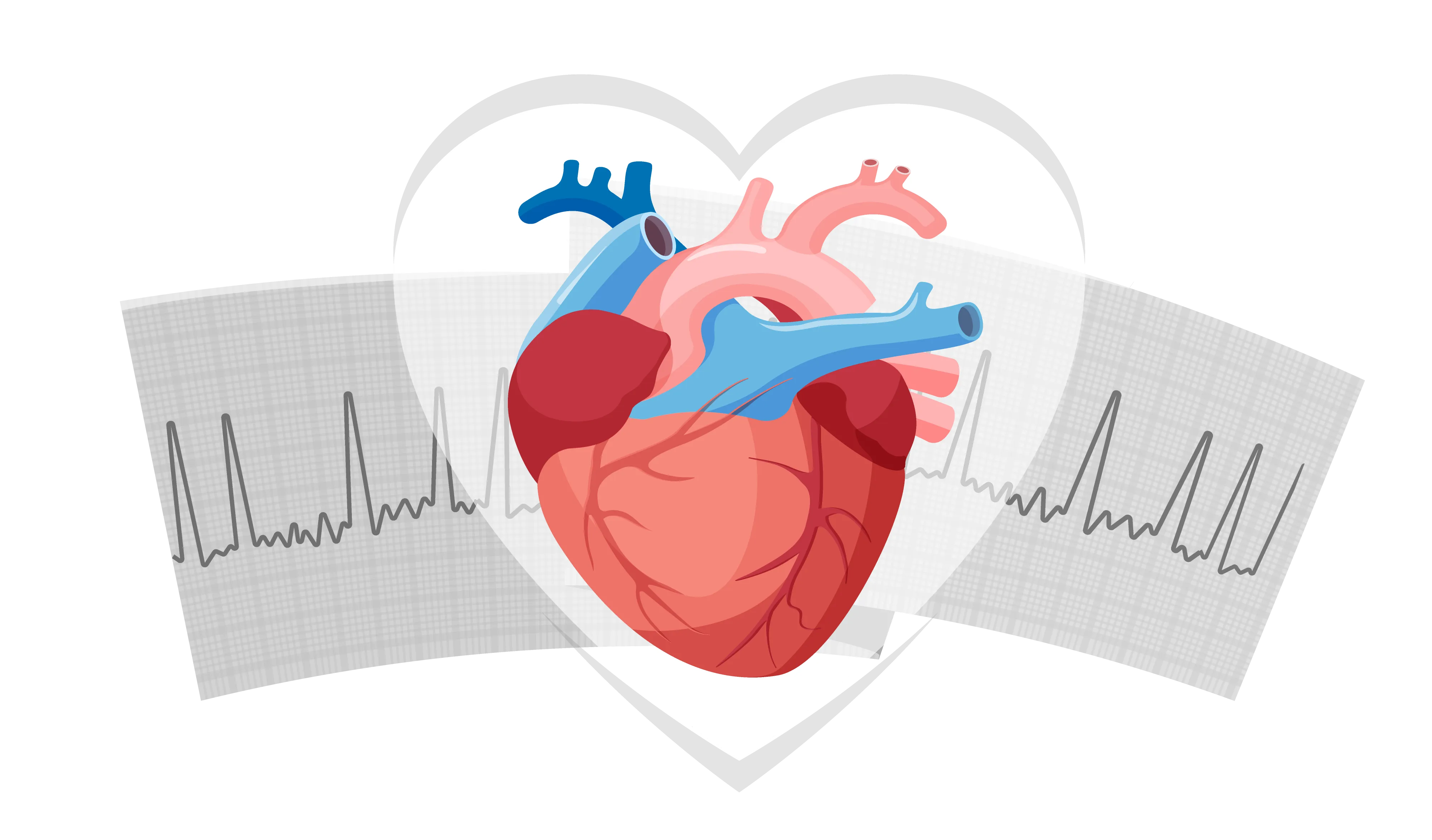
What Is the Purpose of Electrocardiogram Heart Diagnosis Tests?
ECG heart health tests are done to diagnose the following.
- To determine the heart rhythm and find any abnormalities
- To find if the chest pain is because of blocked or narrowed arteries
- To see how effectively certain heart disease treatments are working
- To know whether you had a heart attack previously
- To evaluate the possibilities of an acute heart attack
- To find effects of other diseases on the heart
- To find evidence of any abnormal electrolytes in the blood
- To evaluate the risk of cardiac or metabolic disorders
- To find out if there is any inflammation of the heart
- To find certain congenital heart abnormalities
What Are the Types of ECG Heart Tests?
An ECG test includes any test to check heart condition which includes the following.
Cardiopulmonary exercise test (CPET)
A cardiopulmonary exercise test (CPET) is done to detect pulmonary or cardiac diseases such as myocardial ischemia or exercise-induced asthma. The evaluation of the cardiopulmonary system is undertaken in this test.
Stress test
A stress test is conducted when you are exercising. This test is also referred to as treadmill test or exercise EKG. The patient’s heart is monitored during stressful exercises, mostly when walking on a treadmill or pedalling a stationary bicycle. It monitors breathing and blood pressure rates too. This test is also used to detect coronary artery disease.

Holter monitor
A Holter monitor, also known as EKG or ECG monitor, is a wearable device that records your heart activity for over 24 to 48 hours. Electrodes placed on your chest, arms, and legs record information on a portable battery-operated monitor. It helps your doctor determine the causes of symptoms and take further action.
Resting 12-lead EKG
This type of ECG test is conducted when you are lying still. The 12 electrodes patched on your chest, arms, and legs record the electrical activity of your heart. It is a routine test to check heart condition.
Event Recorder
This device is comparable to a Holter monitor, but you can wear it for a longer duration. It records your heart’s activity only when the symptoms occur. Some event monitors detect the symptoms automatically, whereas other devices require you to push a button when you feel the symptoms. You can share the recorded information electronically with your doctor.
Signal-averaged electrocardiogram
With a signal-averaged electrocardiogram, multiple ECG records are noted over a period of approximately 20 minutes. It is a more detailed type of ECG test that captures abnormal heartbeats that occur at irregular intervals.
Additional Read: 10 Heart Tests to Ensure You Have a Healthy Heart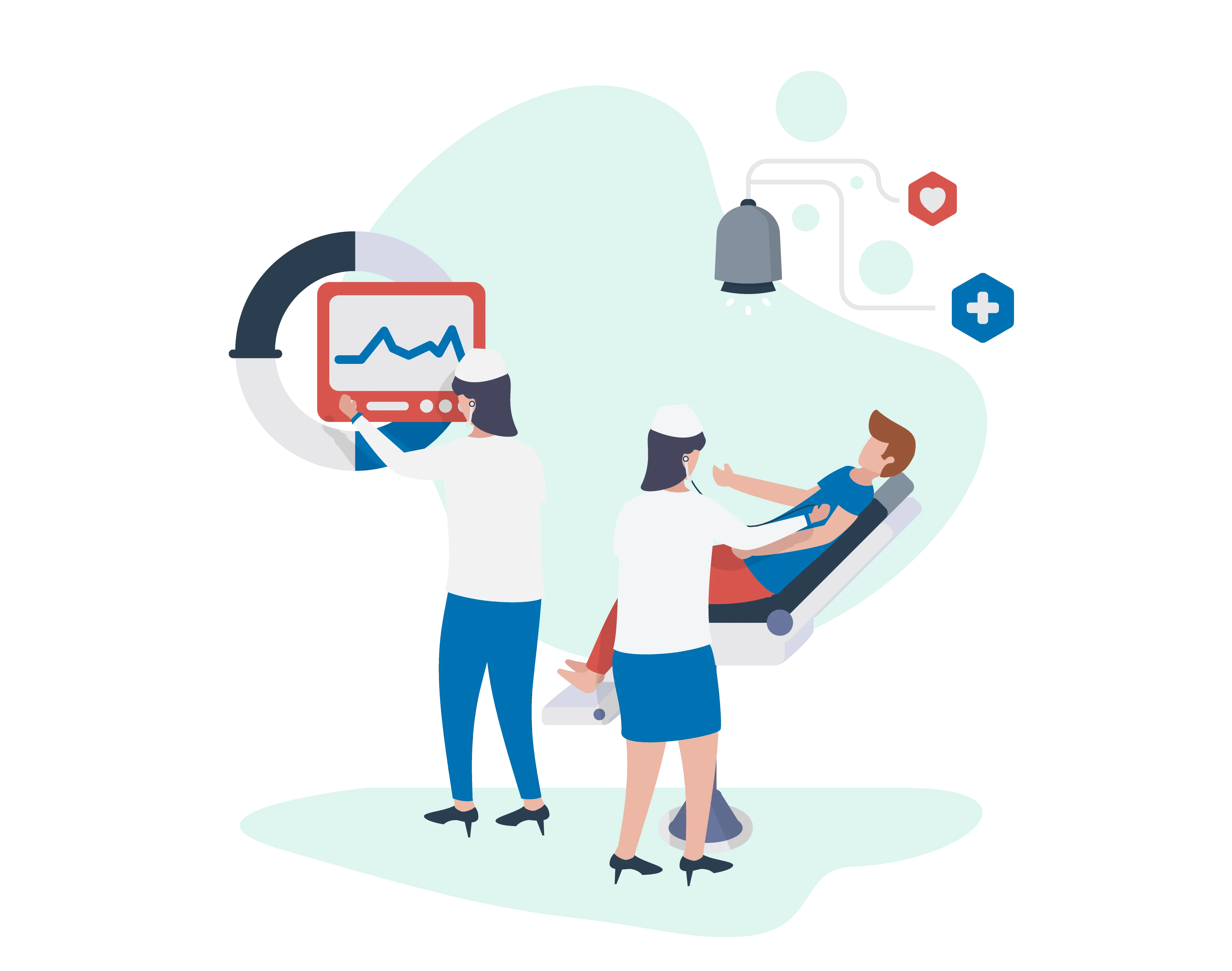
How to Prepare Yourself for Tests to Check Heart Health?
Avoid applying lotions and skin creams on your upper body on the day of the test. Applying them will hinder the electrodes from making contact with the skin. As the electrodes are placed on your chest, wear a shirt or blouse that can be easily removed. Also, avoid wearing full-length hosiery as the sticky patches are also applied to your legs. Other than this, no special preparation is required for any of these EKG tests. Remember to inform your doctor about all the symptoms you have to ensure you get the right tests done.
Remember, heart disease is more common among the older generation or those who are above the age of 65. However, younger people can also suffer from cardiovascular ailments. For instance, a condition like high blood pressure is a major risk factor for heart disease. This means that heart tests or a regular heart health check are necessary. Make health your priority and book an appointment for health tests of your choice on Bajaj Finserv Health from the comfort of your home.
References
- https://www.who.int/health-topics/cardiovascular-diseases/
- https://www.heart.org/en/health-topics/heart-attack/diagnosing-a-heart-attack/echocardiogram-echo
- https://myheart.net/articles/echocardiogram-vs-ekg-explained-by-a-cardiologist/
- https://www.nia.nih.gov/health/heart-health-and-aging#:~:text=People%20age%2065%20and%20older,heart%20disease)%20and%20heart%20failure.
- https://www.cdc.gov/heartdisease/risk_factors.htm
Disclaimer
Please note that this article is solely meant for informational purposes and Bajaj Finserv Health Limited (“BFHL”) does not shoulder any responsibility of the views/advice/information expressed/given by the writer/reviewer/originator. This article should not be considered as a substitute for any medical advice, diagnosis or treatment. Always consult with your trusted physician/qualified healthcare professional to evaluate your medical condition. The above article has been reviewed by a qualified doctor and BFHL is not responsible for any damages for any information or services provided by any third party.


